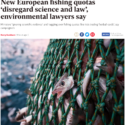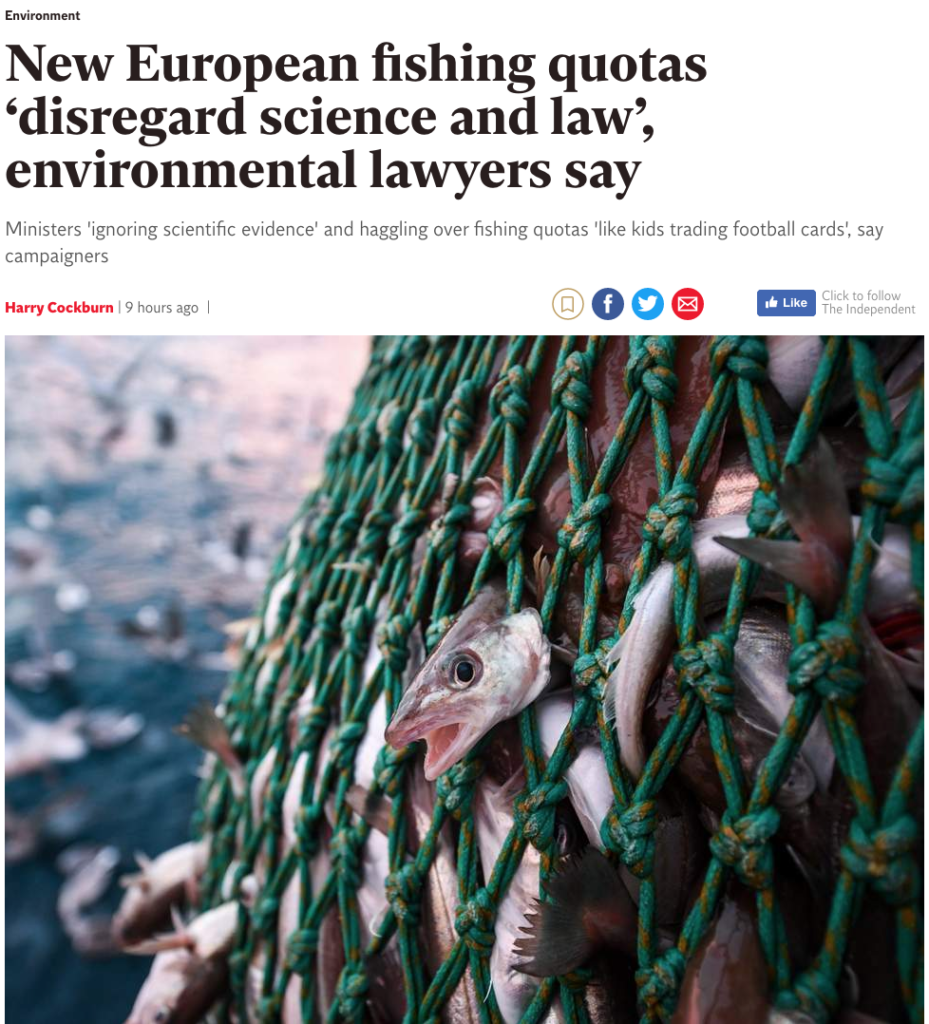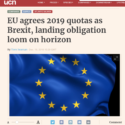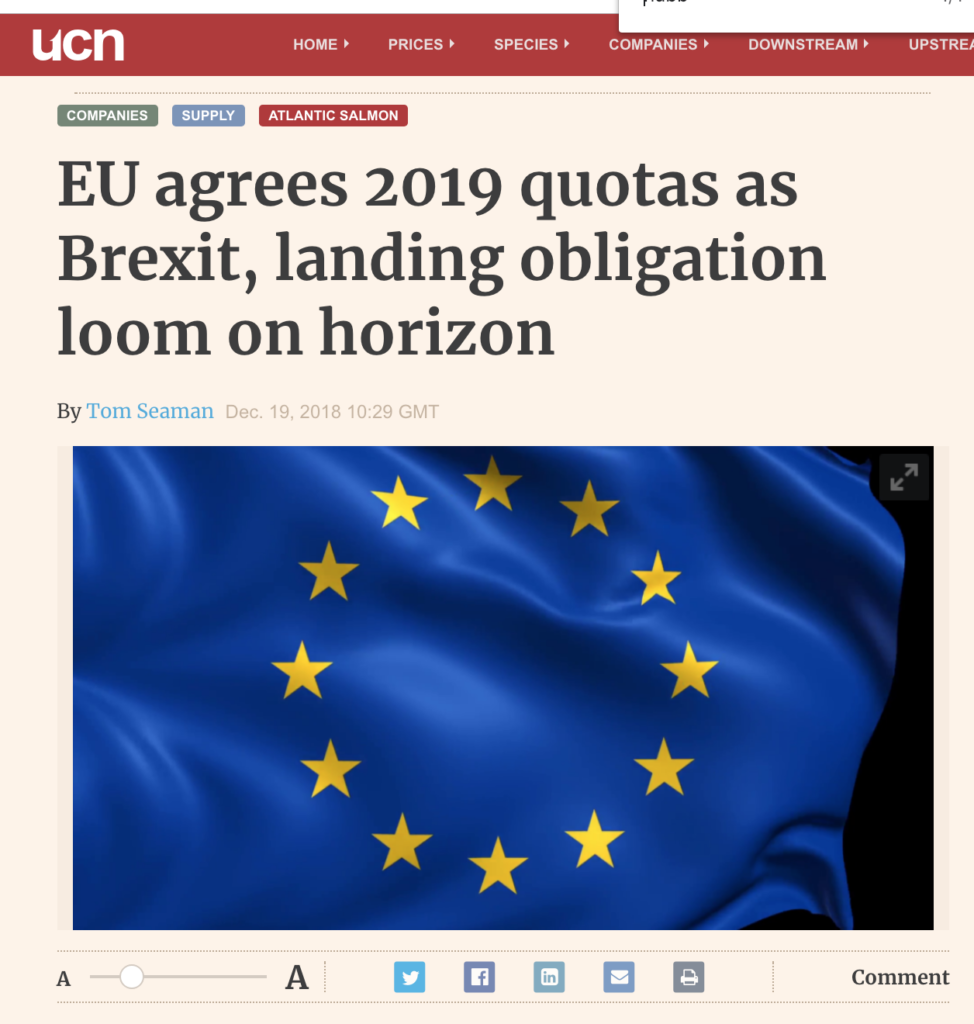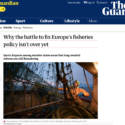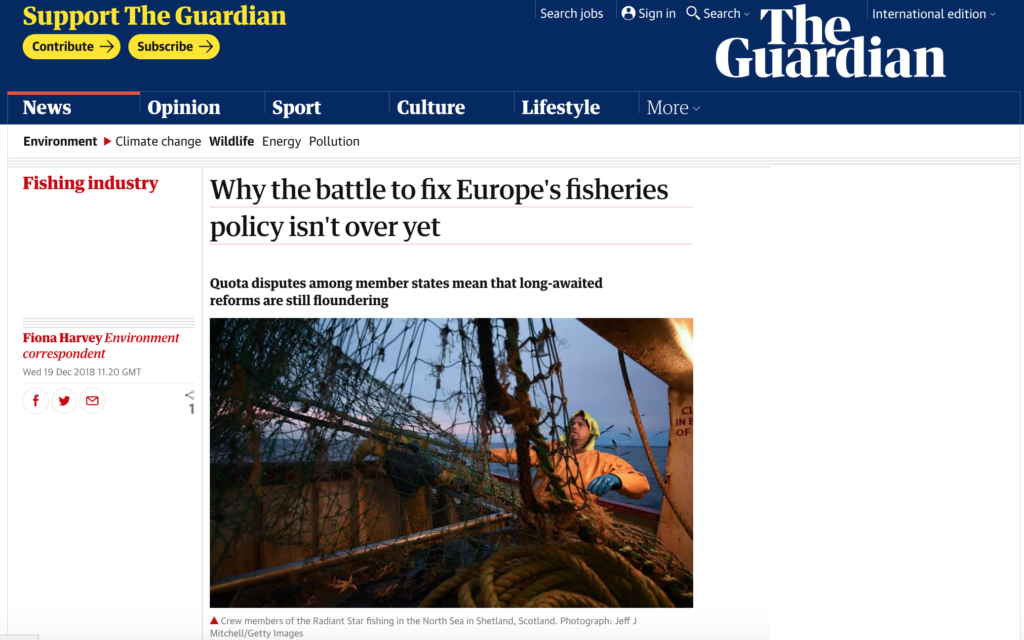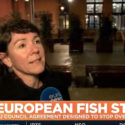Ministers ‘ignoring scientific evidence’ and haggling over fishing quotas ‘like kids trading football cards’, say campaigners
Campaigners have described the levels as “very modest progress”, and said the council was delaying stock recovery and “risking even more painful quota cuts next year”.
“This should have been the year in which fishing quotas finally followed scientific advice, and EU fisheries ministers made history by ending overfishing in EU waters” said Rebecca Hubbard, program director for conservation group Our Fish.
“Instead, we saw another absurd all-night meeting behind closed doors, where ministers haggled over fishing quotas like kids trading football cards. By choosing to set fishing limits above scientific advice for many stocks, they have ignored European citizens and all of the evidence that shows ending overfishing will deliver healthy fish stocks, more jobs and security for coastal communities.”
Harry Cockburn, Independent.co.uk, 19/12/2018: New European fishing quotas ‘disregard science and law’, environmental lawyers say
